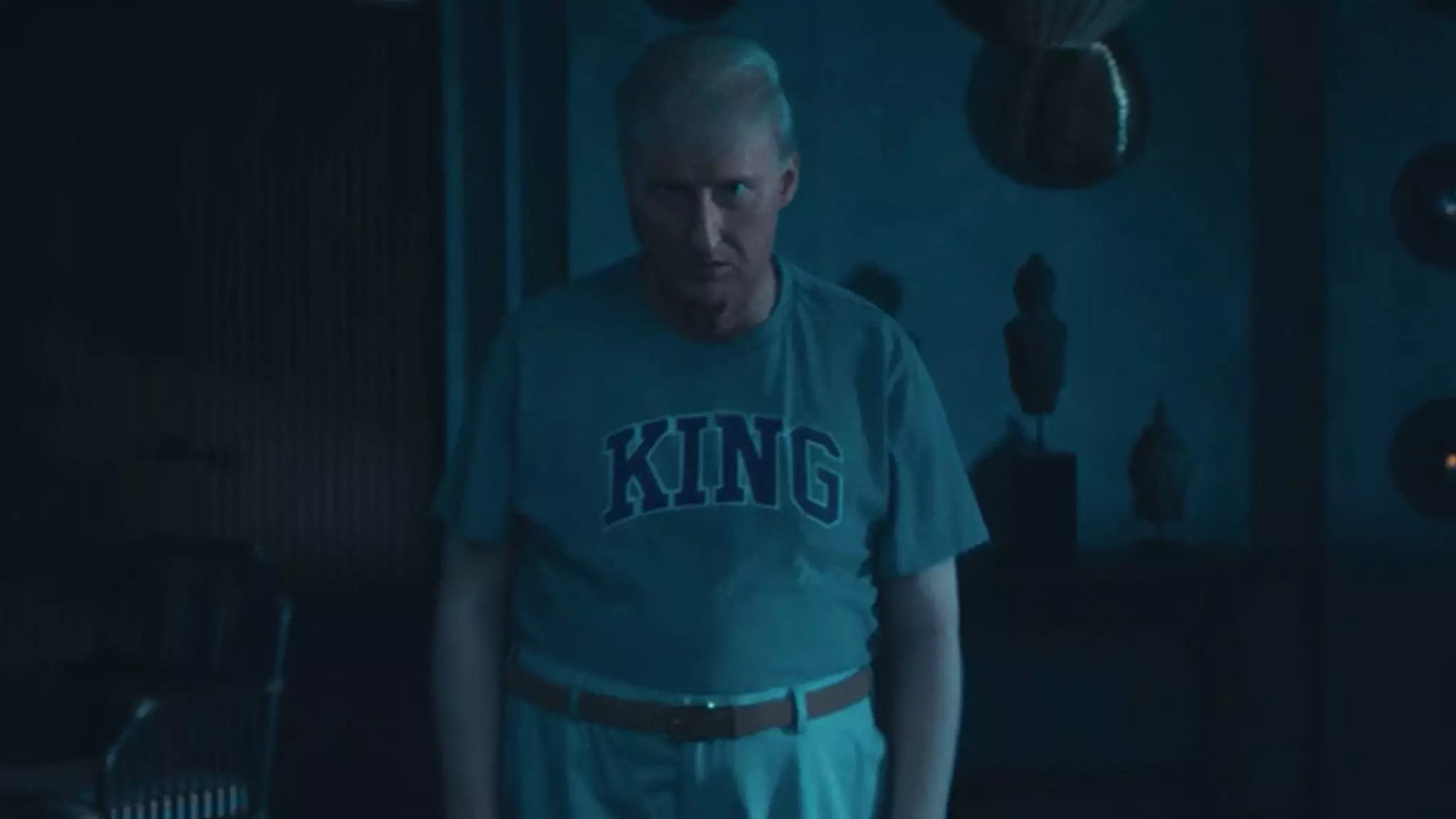As the nation oscillates through tumultuous political landscapes, “Saturday Night Live” has consistently stood at the forefront, lampooning the powers that be with audacity and insightful wit. The latest installment, featuring a mockery of HBO’s “White Lotus” under the clever disguise of “White Potus,” proves that SNL is not merely a humorous relief; it is a sharp commentator on contemporary issues. Utilizing the absurdity surrounding Donald Trump’s current tariff imbroglio as a backdrop, the skit brilliantly sheds light on the troubling implications of his policy decisions, all while keeping audiences in stitches.
This synthesis of humor and critique serves to reinforce the notion that comedy can be a vehicle for political discourse, urging us to critically engage with the factors shaping our socioeconomic realities. The juxtaposition of Trump’s character with the emblems of privilege in “White Lotus” presents a microcosm of moral and financial decay, compelling viewers to question both the integrity of their leaders and the ramifications of their choices.
The Absurdity of Leadership
Chloe Fineman’s portrayal of a southern-accented Melania Trump is a brilliant artifice that blatantly symbolizes the disconnect from reality that permeates the current administration. Notably, her desperate attempts to gain Trump’s attention while he remains oblivious encapsulate a disconcerting truth: much of the public has felt ignored, as their economic anxieties are met with indifference and derision from those in power. This caricatured rendition of marital dysfunction mirrors broader societal issues, reflecting how leadership can sometimes seem detached from the struggles of everyday individuals.
James Austin Johnson’s embodiment of Trump brings a unique flavor to the role as he navigates a parody laden with financial irony. The sketch artfully plays with the undercurrents of discontent amongst his base regarding his uncertain tariff rollout, channeling genuine sentiments of skepticism through laughter. As Trump’s character grapples with the consequences of his governance—exemplified through headlines that read, “Trump Triggers Worldwide Recession”—the humor transcends sheer entertainment, pushing audiences to reckon with the dire stewardship of a leader more interested in fast food than fiscal responsibility. This dual existence captures the absurdity of leadership marred with egotism and a quagmire of policy failings.
A Critique of Wealth and Privilege
Moreover, Fineman’s poignant declaration that America will “always be a rich and powerful nation” amid Trump’s financial disaster is a striking commentary on the privilege that often blinds those wielding power. It exposes the dissonance that exists between the rhetoric of prosperity and the harsh realities faced by millions struggling with declining economic fortunes. As comedic as it is, this juxtaposition serves as a critique of a systemic belief that entrenched power will invariably equate to success, a notion that has landed the nation in dire straits.
The involvement of Lizzo, who plays a character experiencing a staggering drop in wealth, accentuates the fate of the ordinary citizen ensnared in the web of elite indifference. Her exaggerated reaction to the financial decline echoes a sentiment pervasive in society—while the privileged few indulge in their lavish lifestyles, the masses bear the brunt of misguided governance. This stark depiction of wealth inequality grounds the satire like a somber note in a comedic symphony, heightening the impact of SNL’s critique.
Underlying Themes and Cultural Resonance
As the sketch unfolds, it dives into dark territory, exemplified by Trump’s imagined act of violence against Uncle Sam, tightly woven with absurdity yet chilling in its implications. This symbolic portrayal reflects the contentious nature of how economic policies are wielded—potentially damaging both governance and national identity. Adding another layer of satire, the skit doesn’t shy away from delving into scandal and moral ambiguity with Don Jr.’s outrageous twist involving Tiger Woods. The scene explores themes of propriety, familial dysfunction, and the sensationalism that often accompanies significant public figures.
What emerges from this parody is a larger indictment of a cultural dialogue that reduces serious issues to mere entertainment—albeit entertainment that compels audiences to reflect on the troubling realities within which they live. SNL’s artistry lies in this intersection, where humor marries substance, compelling viewers to confront difficult truths with a much-needed chuckle, revealing that laughter can also serve as a form of resistance. In capturing the precarious balance between comedy and critique, the show reinforces its position as a critical watchdog in American political life.

